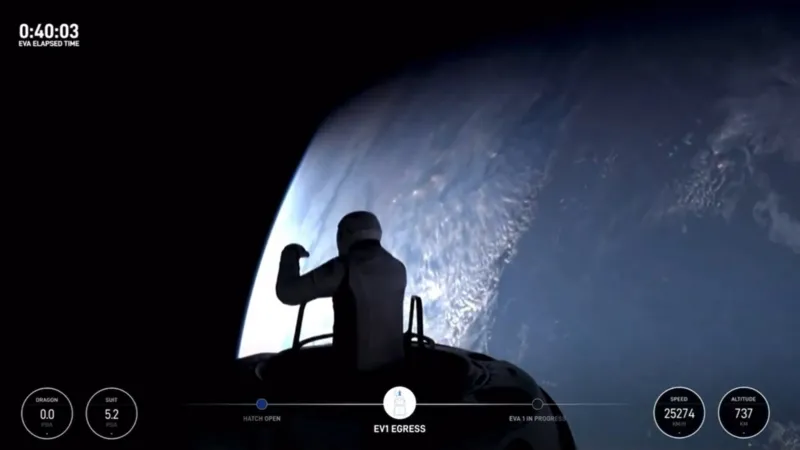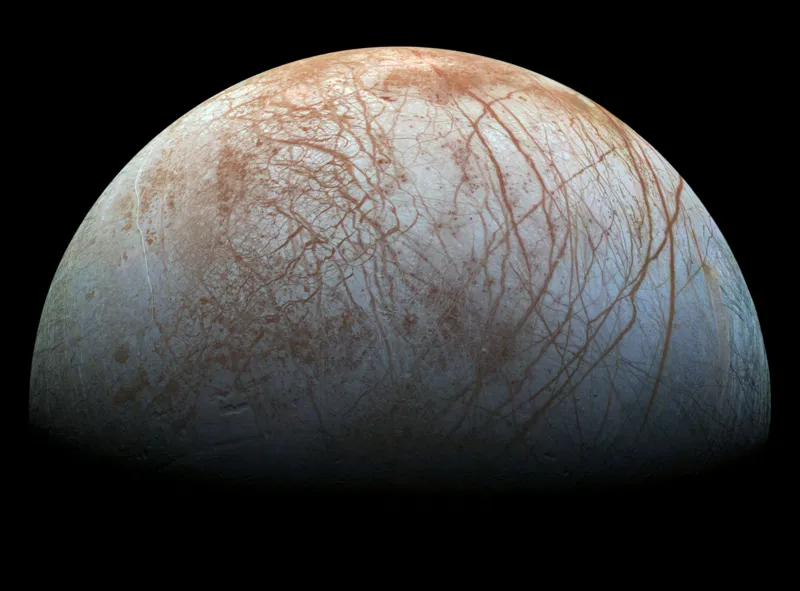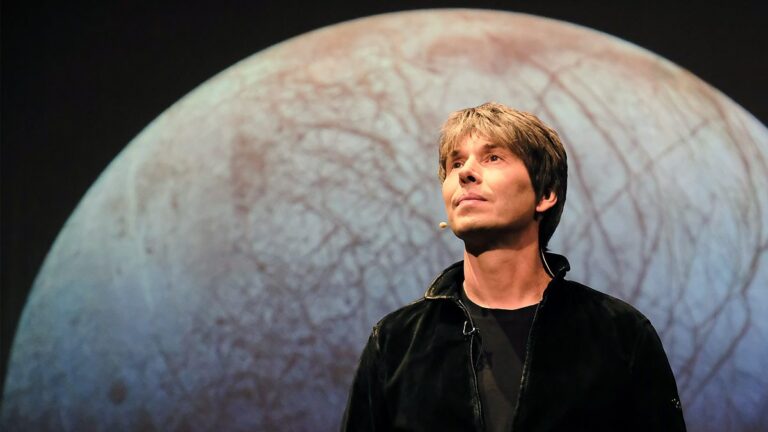In an era where space exploration is no longer confined to the realm of science fiction, renowned particle physicist Professor Brian Cox shares his vision for humanity’s cosmic future. As commercial space ventures gain momentum and our understanding of the universe expands, the question arises: Is it time for the human race to look beyond Earth?
The Call for Cosmic Expansion
Prof Cox, known for his ability to make complex scientific concepts accessible to the public, believes that our civilization must expand beyond our home planet. This isn’t just a matter of scientific curiosity; it’s a necessity driven by several factors:
- Resource Limitations: Earth’s resources are finite, and our civilization’s growing demands are putting increasing pressure on our planet.
- Environmental Concerns: Relocating certain industries to space could potentially alleviate some of the environmental damage occurring on Earth.
- Technological Advancements: Recent progress in commercial space technology is making interplanetary and even interstellar travel more feasible.
The Role of Commercial Space Companies
The landscape of space exploration is changing rapidly, with private companies playing an increasingly significant role. Prof Cox views the collaboration between government agencies like NASA and private entities such as SpaceX as a positive development. This partnership is crucial for achieving affordable and reliable access to space.
Recent milestones, such as billionaire Jared Isaacman’s spacewalk during SpaceX’s Polaris Dawn mission, highlight the growing capabilities of commercial space ventures. NASA has described this achievement as “a giant leap forward” for the industry.
Envisioning a Multi-Planetary Future
Companies like Blue Origin, founded by Amazon’s Jeff Bezos, are already conceptualizing a future where humans live and work in space. This vision includes the possibility of relocating industries that are currently harmful to Earth’s environment.
Prof Cox emphasizes the importance of tapping into the universe’s vast resources, such as asteroid mining. While it may sound like science fiction, he believes it’s crucial for our civilization’s future and should be pursued as quickly as possible.

The Milky Way: Our Cosmic Neighborhood
Our galaxy, the Milky Way, is home to hundreds of billions of stars, countless planets, and potentially numerous opportunities for exploration and discovery. Prof Cox speculates that we might be the only advanced civilization in our galaxy, either currently or throughout its history. If this is true, he argues, our expansion beyond Earth becomes not just an opportunity but an obligation.
“If we don’t go out to the stars, nobody’s ever going out to the stars in this galaxy,” Prof Cox states, underlining the importance of taking those first steps into the cosmos.
Near-Term Prospects: Mars and the Moon
While interstellar travel remains a distant dream, Prof Cox believes that establishing a permanent human presence on Mars and the Moon is achievable within our lifetime. These celestial bodies represent the most realistic targets for near-future space colonization efforts.

Challenges and Responsibilities
Despite the excitement surrounding space exploration, Prof Cox acknowledges the challenges we face. He points out that the biggest current threat to Earth is likely its human inhabitants, emphasizing the need for responsible stewardship of our home planet even as we look to the stars.
The threat of asteroid impacts is also a concern that’s gaining more attention. Prof Cox believes that at some point in the future, we’ll need to develop the capability to deflect potentially hazardous asteroids.
Related Stories
Upcoming Missions and Discoveries
The article highlights upcoming space missions, such as NASA’s Europa Clipper, set to launch in October. This mission will explore Jupiter’s icy moon Europa, which scientists believe could harbor conditions suitable for life beneath its frozen surface.
Prof Cox speculates that if life exists on Europa, it would likely be simple, single-celled organisms. The search for extraterrestrial life, even in its most basic forms, continues to drive much of our space exploration efforts.

The Legacy of Scientific Communication
As a science communicator, Prof Cox is often compared to the legendary Sir David Attenborough. However, he humbly deflects any notion of being Attenborough’s successor, stating that one cannot succeed someone who has invented the form of nature documentaries.
Conclusion: A Cosmic Perspective
Prof Brian Cox’s insights remind us that space exploration is not just about scientific discovery; it’s about the future of our species. As we face challenges on Earth, from resource depletion to environmental concerns, looking to the stars may provide solutions and opportunities we’ve yet to imagine.
The journey to become a multi-planetary species will require collaboration between governments, private companies, and the scientific community. It will challenge us to push the boundaries of our technological capabilities and our understanding of the universe.
As we stand on the brink of this new era of space exploration, one thing is clear: the cosmos is calling, and it’s up to us to answer. Whether it’s establishing bases on the Moon and Mars, mining asteroids for resources, or searching for life on distant moons, the next chapter of human history may well be written among the stars.




Comments are closed.